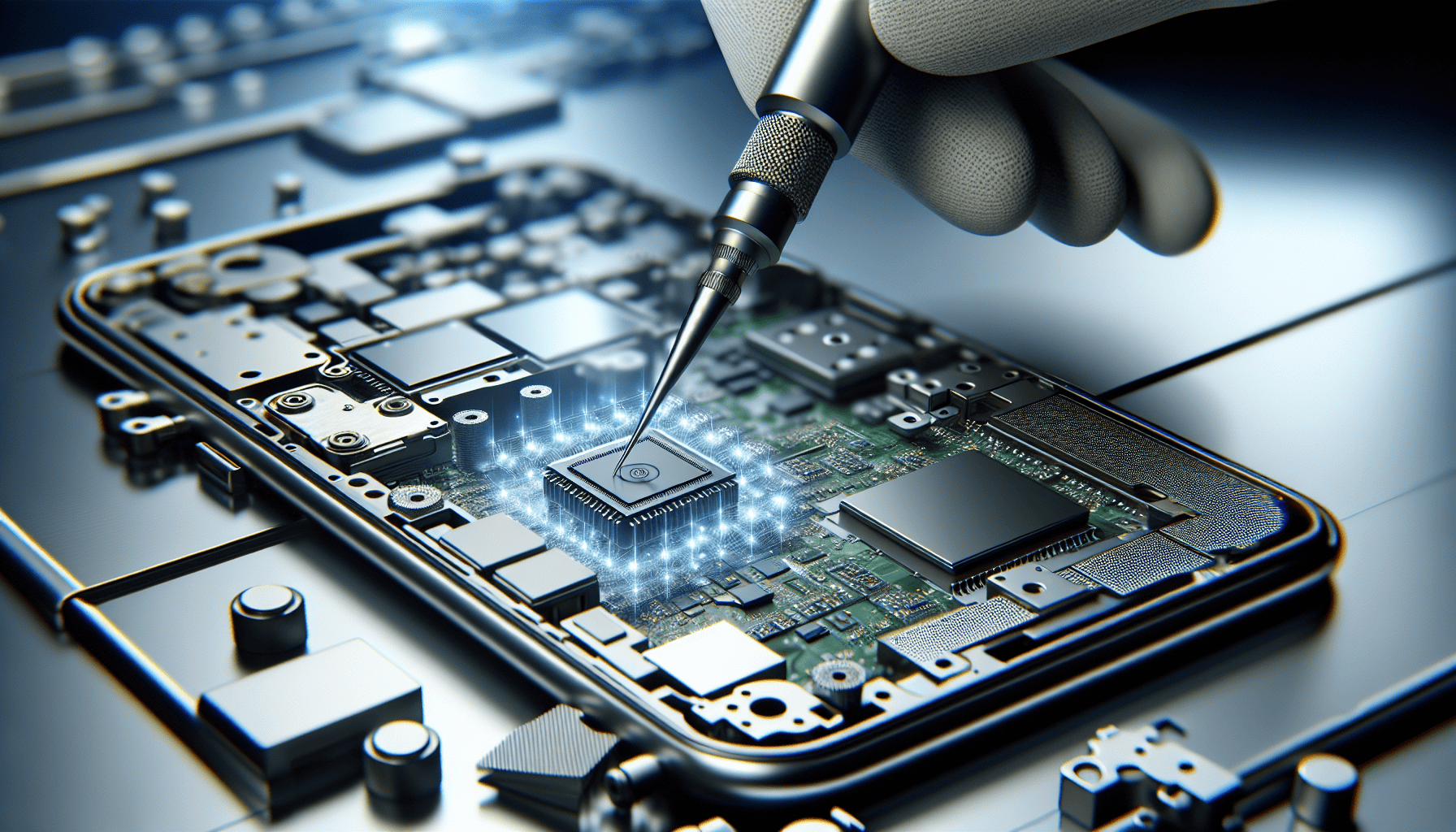Nanotechnology stands as a beacon of innovation in the rapidly evolving landscape of the electronics industry. By manipulating matter at an atomic and molecular scale, this technology is revolutionizing how electronic devices are designed, enhancing their capabilities and transforming our interaction with technology in profound ways.
One of the most significant impacts of nanotechnology in electronics is the ability to create smaller, faster, and more powerful devices. Traditional silicon transistors, the fundamental building blocks of electronic circuits, are reaching their physical limits in terms of size and performance. However, through nanotechnology, scientists have engineered transistors at the nanoscale, dramatically increasing the number possible on a single chip. This leap helps fuel the continuation of Moore's Law, which predicts the doubling of transistors on a microchip approximately every two years, leading to exponential growth in computing power.
The miniaturization enabled by nanotechnology does not just make devices smaller but also significantly faster. At the nanoscale, electrical signals can travel shorter distances within components, resulting in quicker data processing and reduced lag. This is critical in an era where real-time processing is paramount, such as in virtual reality applications and over-the-air software updates for the automotive industry.
Apart from boosting speed and performance, nanotechnology plays a pivotal role in enhancing the energy efficiency of electronics. Nano-engineered materials reduce energy loss by providing more effective pathways for electron flow, crucial for extending battery life in portable devices and reducing electricity consumption in data centers. Innovations like nanotube transistors and graphene-based materials promise substantial improvements in power efficiency over conventional materials.
Moreover, nanotechnology is paving the way for entirely new forms of electronics. Flexible, bendable, and even stretchable electronic components are made possible through materials like graphene and molybdenum disulfide, opening up exciting possibilities for wearable tech, foldable smartphones, and other form factors that better integrate with our daily lives. Alongside, quantum dots — nanometer-sized semiconductor particles — are making strides in display technologies, offering displays that promise superlative color accuracy and brightness while consuming less power.
In the realm of data storage, nanotechnology is leading to breakthroughs that could redefine how we store and retrieve data. Techniques such as spintronics, which exploit the spin of electrons, allow for more dense and durable storage mediums, promising to vastly increase the capacity of hard drives while decreasing their physical size.
Furthermore, as the Internet of Things (IoT) continues to grow, the role of nanotechnology becomes even more pivotal. Sensors and devices that can operate at ultra-low power levels, harvest energy from their environments, or have self-repairing capabilities are all areas where nano-engineering is making robust contributions. These advancements will facilitate the seamless communication and interconnection of billions of devices globally, enhancing automation and data-driven decision-making.
In conclusion, nanotechnology is not just an incremental improvement in the electronics industry; it is a transformation. By pushing the boundaries of what is physically possible, it is enabling the development of electronic devices that are not only more powerful and efficient but also more adaptable to various applications. As research and development in this field continue to progress, the potential for nanotechnology to foster unprecedented innovation in electronics remains boundless. Through these advancements, humans will interact with technology in ways yet unforeseen, heralding a new era of tech-enabled living.
